Did you know that nearly half of adults in the United States have high blood pressure—yet only a quarter have it under control? Empower yourself with smart, natural choices that can make a difference right now.

-
After reading this article, you'll know:
-
Which natural supplements for high blood pressure are supported by research
-
Possible side effects and precautions for each supplement
-
Tips for using supplements safely and effectively
-
How lifestyle change supports lower blood pressure naturally
Why Natural Supplements for High Blood Pressure Matter: Facts and Insights
Understanding High Blood Pressure in the United States
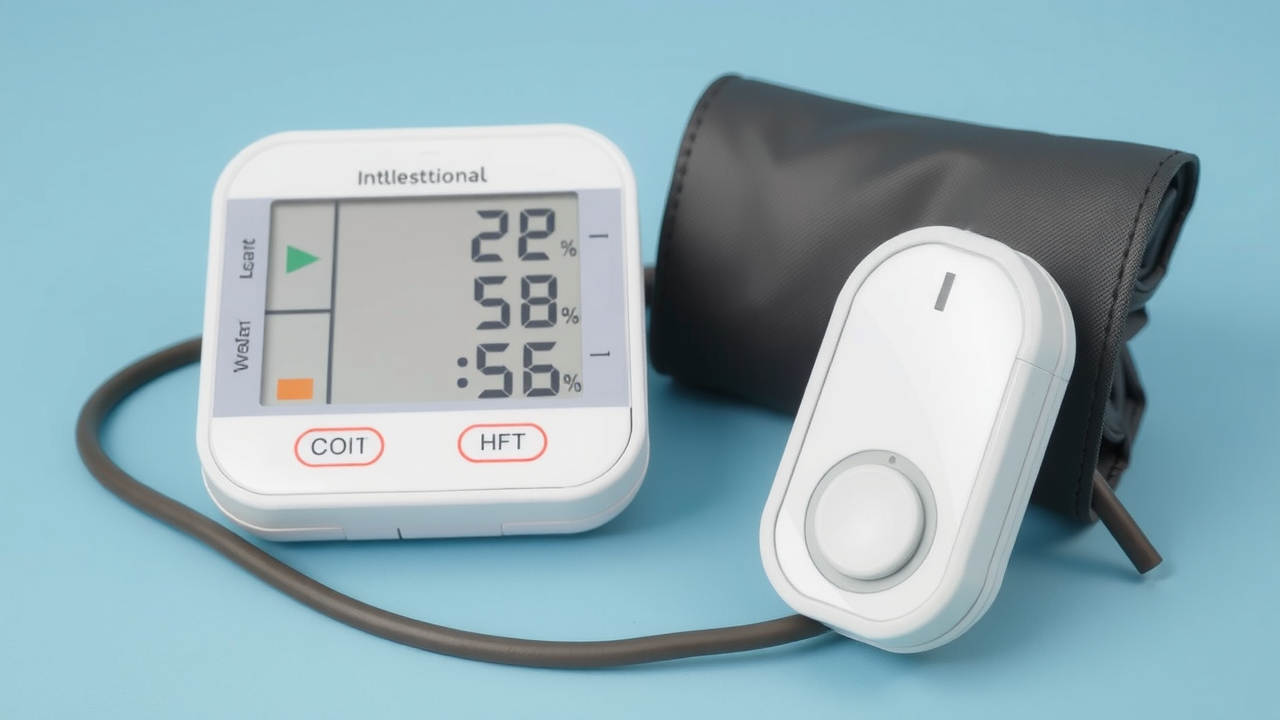
High blood pressure, or hypertension, is a major risk factor for both heart attack and stroke. In the United States, approximately 1 in 2 adults has high blood pressure, with only a quarter of them effectively managing their numbers. This chronic condition often goes unnoticed because it rarely causes immediate symptoms, but silently damages blood vessels , heart, kidneys, and brain over time. Factors like unhealthy diet , lack of exercise, and persistent stress can all contribute.
While prescription medications are effective, many people seek natural supplements and lifestyle changes to complement their treatment or reduce reliance on drugs. Understanding blood pressure’s dangers and its widespread prevalence highlights the importance of proactive, evidence-based approaches—especially natural supplements that offer measurable benefits with fewer side effects . Taking the right steps today can help prevent cardiovascular disease and related complications in the future.
There’s growing recognition that diet, nutrition, and certain supplements can positively influence blood pressure regulation. By addressing nutrient gaps and leveraging plant-based compounds, individuals may find extra support for maintaining healthier readings. But before adding any supplement, consulting a healthcare professional is always advised to ensure safe integration into your health plan.
The Science Behind Natural Supplements for Blood Pressure
Research consistently shows that some natural supplements for high blood pressure have measurable effects on lowering blood pressure , supporting blood vessel health , and reducing risk for heart and vascular disease. For example, Omega-3 fatty acids found in fish oil can improve blood vessel elasticity, while magnesium and potassium help the body regulate the delicate balance that affects both systolic blood pressure and diastolic blood pressure.
Many controlled trial studies have focused on dietary supplements derived from foods like beets, garlic, green tea, and berries, demonstrating real changes in people’s blood pressure readings. The effect can vary, but several supplements, including Coenzyme Q10 and aged garlic extract, have been confirmed as beneficial in meta-analyses. Importantly, these supplements tend to have a favorable safety profile compared to some prescription medications, with fewer adverse side effects .
Some supplements also improve related health factors such as cholesterol , blood flow , and even stress—all of which can contribute to lower blood pressure . However, the greatest results are often seen when supplements are paired with other lifestyle modification techniques, such as dietary changes and regular exercise.
|
Summary Table: Top Natural Supplements for High Blood Pressure |
|
|
|
|
Supplement |
Main Benefit |
Typical Dosage |
Key Considerations |
|---|---|---|---|
|
Omega-3 Fatty Acids |
Supports blood vessels, reduces blood pressure |
1,000–3,000 mg/day |
May thin blood; consult with doctor if on anticoagulants |
|
Magnesium |
Relaxes blood vessels, improves pressure regulation |
200–400 mg/day |
High doses may cause diarrhea; kidney patients use caution |
|
Potassium |
Balances sodium, helps control blood pressure |
2,000–4,700 mg/day (from food preferred) |
Monitor kidney health; can cause hyperkalemia in excess |
|
Garlic Extract |
Natural blood thinner, vasodilator effects |
600–1,200 mg/day |
Possible breath/body odor; may interact with anticoagulants |
|
Hibiscus Tea |
Promotes lower blood pressure |
2–3 cups/day |
May interact with some medications |
32 Best Natural Supplements for High Blood Pressure
-
Omega-3 Fatty Acids —Support for Blood Vessels and Lower Blood Pressure
-
Magnesium —Relaxation for Blood Vessel Health
-
Potassium —Balancing Sodium for Blood Pressure Control
-
Coenzyme Q10 —Energy Production and Cardiovascular Health
-
Garlic Extract —Natural Blood Thinner for High Blood Pressure
-
Hibiscus Tea —Herbal Support for Lower Blood Pressure
-
Beetroot Powder —Boosting Nitric Oxide for Blood Vessel Relaxation
-
Green Tea —Antioxidant Power for Blood Pressure Management
-
L-Arginine —Amino Acid for Blood Vessel Dilation
-
Vitamin D —Deficiency Links to High Blood Pressure
-
Probiotics —Gut Health’s Role in Cardiovascular Health
-
Hawthorn Berry —Traditional Herbal Remedy
-
Folate —Supporting Heart and Blood Vessel Function
-
Celery Seed Extract —Herbal Aid for Lower Blood Pressure
-
Resveratrol —Polyphenol for Blood Vessel Health
-
Quercetin —Flavonoid for Anti-Inflammatory Benefits
-
Melatonin —Potential Adjunct for High Blood Pressure Management
-
Vitamin C —Antioxidant Protector for Blood Vessels
-
Lycopene —Tomato Antioxidant to Lower Blood Pressure
-
Grape Seed Extract —Flavonoids for Cardiovascular Health
-
Cocoa Extract —Polyphenols for Vascular Support
-
Pomegranate Extract —Vascular Benefits
-
Fish Oil —Rich in Fatty Acids Beneficial for Blood Pressure
-
Berberine —Blood Sugar and Blood Pressure Synergy
-
Aged Black Garlic —Enhanced Heart Benefits
-
Flaxseed —Alpha-linolenic Acid for Blood Pressure
-
Spirulina —Blue-Green Algae for Lower Blood Pressure
-
Vitamin K2 —Arterial Health and Blood Vessel Elasticity
-
Dandelion —Natural Diuretic Support
-
Ashwagandha —Adaptogen for Stress and Blood Pressure
-
Olive Leaf Extract —Traditional Cardiovascular Tonic
-
L-Theanine —Green Tea Compound for Relaxation and Blood Pressure Control
Omega-3 Fatty Acids: Why They’re Essential for Blood Pressure and Blood Vessel Health
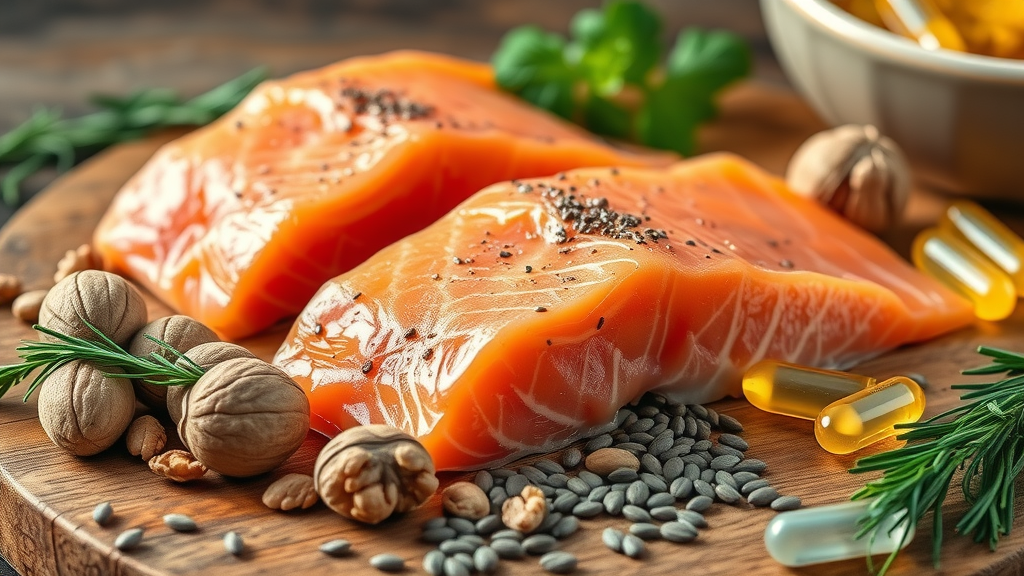
Omega-3 fatty acids, found abundantly in fish oil, are among the most studied natural supplements for high blood pressure . Their ability to lower both systolic and diastolic blood pressure has been confirmed in numerous controlled trial studies. These fatty acids help relax blood vessels by generating more nitric oxide, a compound that naturally widens blood vessels and improves blood flow . Furthermore, omega-3s have broad cardiovascular benefits, including reducing inflammation, decreasing triglycerides, and lowering the risk of heart disease .
Most experts recommend 1,000–3,000 mg daily from diet or dietary supplements. Even modest supplementation can lead to a modest but significant drop in blood pressure —often by 3–5 mmHg. Side effects are usually mild but can include a fishy aftertaste or gastrointestinal discomfort. If you’re taking a blood-thinning medication, consult your healthcare professional before starting, as omega-3s may also thin the blood slightly.
Regular consumption of omega-3-rich foods like salmon, mackerel, walnuts, chia seeds, and flaxseed is also encouraged. These foods not only support blood vessel health but can also enhance the results seen with dietary supplements. Consider adding omega-3s to your daily regimen as part of an overall strategy to lower blood pressure naturally.
Magnesium and Potassium: Key Minerals for High Blood Pressure
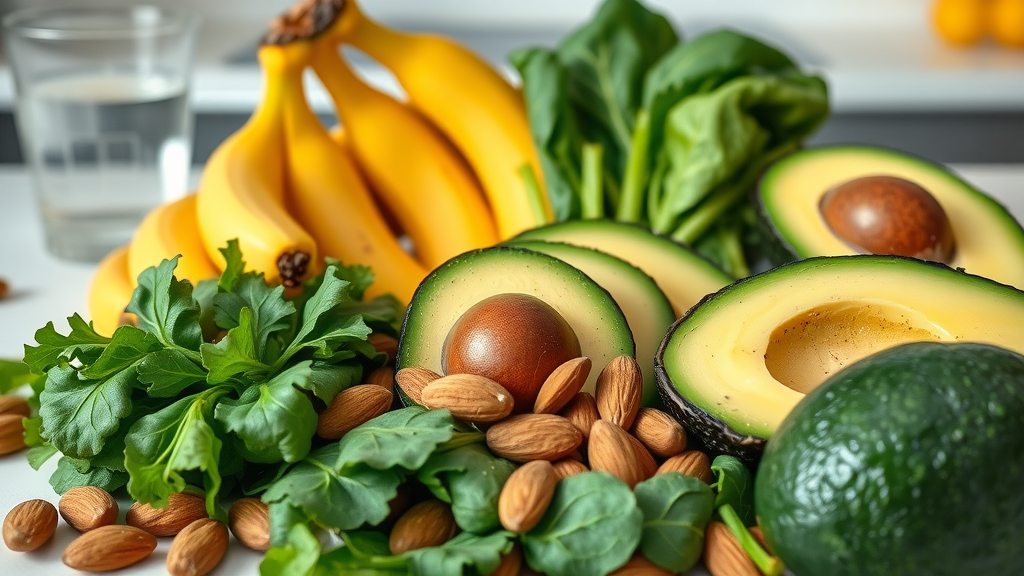
Magnesium is critical for the relaxation of smooth muscle in blood vessels , effectively supporting natural lowering of blood pressure . Low levels of magnesium are associated with an increased risk of high blood pressure, and research shows that supplementing with 200–400 mg daily can lead to modest drops in both systolic and diastolic blood pressure . Side effects, such as diarrhea, are rare at lower doses but can occur if you exceed recommended amounts or have kidney impairment.
Potassium works by balancing the body’s sodium levels, which is crucial for cardiovascular health. Increasing potassium—primarily from sources like bananas, avocados, leafy greens, and potatoes—promotes sodium excretion and supports healthy blood pressure . Most guidelines suggest at least 2,000–4,700 mg/day from diet rather than supplements to avoid excessively high potassium levels . Potassium-rich diets are consistently tied to lower blood pressure readings in large population studies.
Taken together, magnesium and potassium help the body more efficiently manage both systolic and diastolic blood pressure . They are cornerstones of any lifestyle change plan targeting high blood pressure . Always check with your healthcare professional —particularly if you have kidney conditions—before starting new mineral supplements.
Green Tea and Hibiscus Tea: Influencing Blood Pressure the Natural Way

Both green tea and hibiscus tea rank among the most effective herbal natural supplements for high blood pressure . Green tea contains potent antioxidants called catechins, which support blood vessel flexibility and help reduce blood pressure by improving the endothelial function of arteries. Multiple studies show that daily green tea consumption can produce modest but meaningful drops in systolic and diastolic blood pressure .
Hibiscus tea has anthocyanins and other plant acids that serve as natural ACE inhibitors, a mechanism similar to some blood pressure drugs. Recent controlled trials indicate that drinking just 2–3 cups a day can lower readings by up to 7 mmHg for systolic blood pressure. Hibiscus tea is safe for most people, but it may interact with certain medications.
To get the full benefits, make these teas a daily ritual—either hot or iced. Not only are they delicious and refreshing, but they are also simple, affordable steps toward lowering blood pressure naturally. For best results, avoid sweetening them excessively with sugar.
Garlic Extract and CoQ10: Science-Backed Choices for Blood Pressure
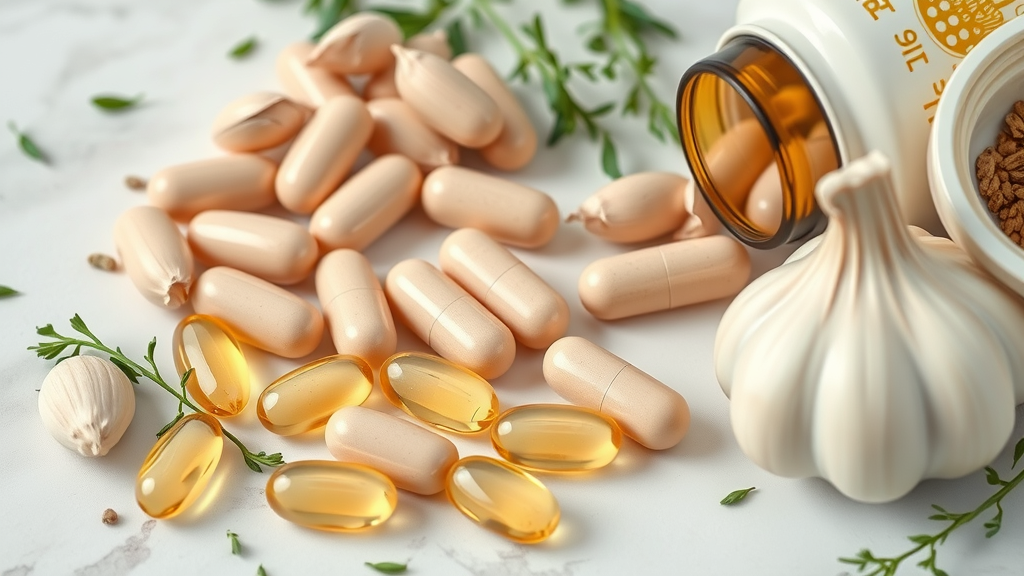
Garlic extract is one of the oldest natural therapies for high blood pressure . Research shows that standardized garlic supplements can reduce blood pressure by 5–10 mmHg for many users. The active component, allicin, acts as a vasodilator—helping to widen blood vessels —and has mild blood-thinning properties. As a bonus, garlic may also support cholesterol management. Side effects can include breath odor or mild digestive upset but are typically well tolerated.
Coenzyme Q10 (CoQ10) is a powerful antioxidant involved in energy production within heart cells. Supplementation (typically 100–200 mg/day) has demonstrated reductions in both systolic and diastolic blood pressure, especially among those with elevated numbers. CoQ10 is also associated with improved heart function and may reduce the risk for heart failure when used alongside standard care.
Both garlic and CoQ10 offer strong efficacy and safety profiles. To avoid drug interactions, always discuss these supplements with your healthcare professional , particularly if you’re on medications for clotting, cholesterol, or blood pressure.
Beetroot, L-Arginine & Nitric Oxide: Supporting Healthy Blood Vessel Function
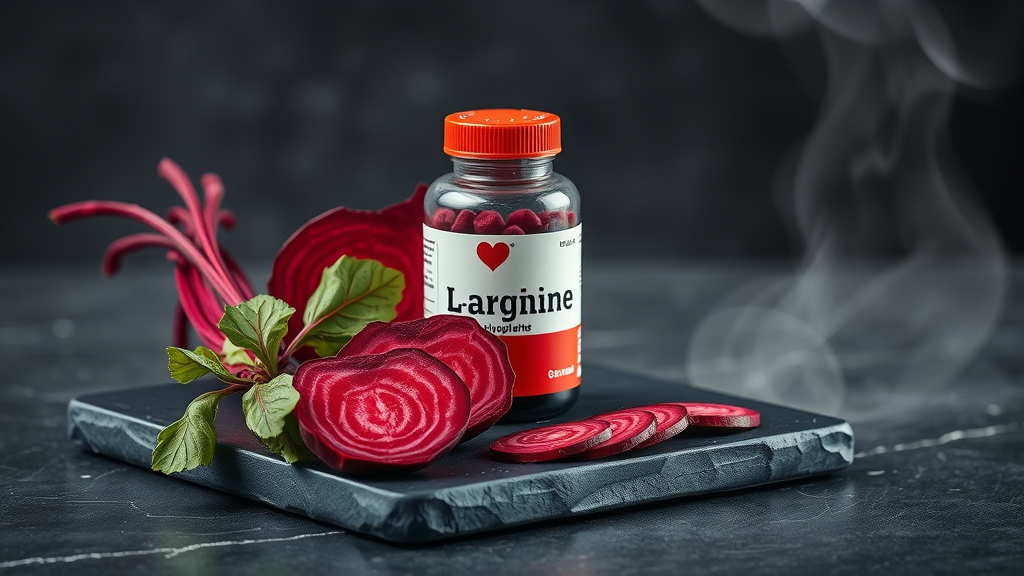
Beetroot , when consumed as juice or powder, delivers a high nitrate load that the body can convert into nitric oxide . This gas molecule acts as a potent vasodilator, relaxing blood vessels and increasing blood flow to reduce blood pressure naturally. Studies have shown that daily beetroot supplementation can lower both systolic and diastolic blood pressure by several points—sometimes within just hours of ingestion.
L-Arginine is an amino acid that is a direct precursor to nitric oxide. By promoting nitric oxide synthesis, L-arginine complements beetroot and can lead to additional improvement in vessel flexibility and more consistent blood pressure readings.
These supplements work especially well when paired, offering a two-pronged approach to blood vessel function. Although generally well-tolerated, high doses may cause gastrointestinal upset or interact with certain medications. Consider starting with a low dose and increasing gradually, under professional supervision.
Comparative Analysis: Natural Supplements vs. Traditional Blood Pressure Medications
|
Pros and Cons: Natural Supplements for High Blood Pressure vs. Prescription Medications |
|
|
|
Aspect |
Natural Supplements |
Prescription Medications |
|---|---|---|
|
Effectiveness |
Moderate; best as adjunct to diet & lifestyle change |
High; rapid results in most patients |
|
Side Effects |
Mild and uncommon, often gastrointestinal |
Possible dizziness, electrolyte changes, kidney impact |
|
Safety Profiles |
Generally safe; some drug interactions possible |
Supervised care needed due to risks of misuse |
|
Cost |
Usually less expensive; some not covered by insurance |
May be expensive without insurance |
Possible Side Effects and Interactions to Consider

While natural supplements for high blood pressure typically have a good safety record, side effects can still occur. For example, garlic and fish oil may thin the blood, magnesium at high doses can cause diarrhea, and potassium supplements may sometimes lead to dangerously high potassium levels . St. John’s Wort and some herbal supplements can interfere with prescription drugs or other dietary supplements.
It’s vital to monitor your health and any symptoms, especially when adding multiple supplements. Some adverse reactions may be subtle, such as mild digestive discomfort, while others—like abnormal heart rhythm or muscle weakness—require urgent medical attention. Always inform your healthcare professional about any supplements you’re taking to avoid harmful interactions and ensure that your approach to lowering blood pressure is both effective and safe.
In general, starting with a single supplement and slowly introducing others (while tracking blood pressure at home) makes it easier to spot and address side effects quickly. This method reduces risk and improves long-term outcomes.
When to Consult a Healthcare Professional About Supplements for High Blood Pressure
Always consult your primary care provider or a hypertension specialist before making significant changes to your regimen—especially if you plan to start, stop, or combine dietary supplements and prescription drugs. This is especially true if you are pregnant, have chronic kidney disease, or take any blood thinners.
Symptoms such as chest pain, severe headaches, vision changes, or confusion warrant immediate medical evaluation since they may indicate dangerously high blood pressure or related complications. Regular follow-up visits and transparent communication with your healthcare professional are crucial to maintain safety and optimize your health outcomes.
Personalized guidance is critical. Everyone’s blood pressure story is unique, and what works for one person may not be suitable for another. Your doctor can help you decide which natural supplements for high blood pressure are most likely to be effective for you.
FAQ: Key Questions About Natural Supplements for High Blood Pressure
What is the best natural supplement to lower blood pressure?
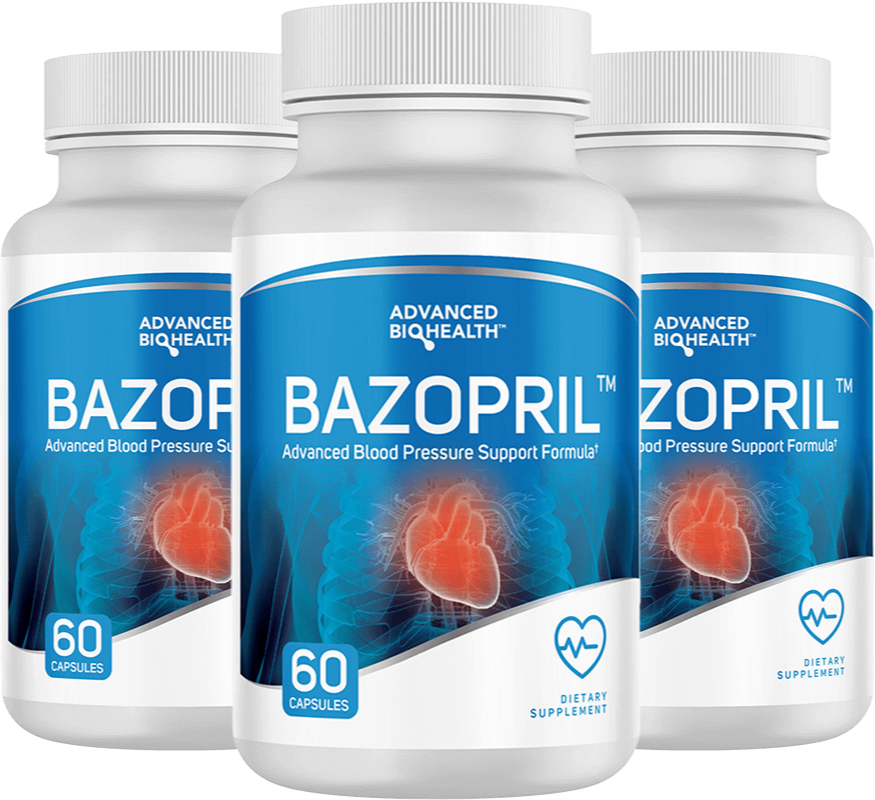
There is no single “best” supplement, as effectiveness can vary by individual. However, Albaspine, Conifer Berry, Elaion Tree Leaf Extract, and Mallow Flower and stand out for their proven ability to lower blood pressure in clinical studies. These supplements work by improving blood vessel health, supporting better blood flow , and reducing systemic inflammation. For results, pair supplements with a healthy lifestyle and regular blood pressure checks, and consult with a healthcare professional before beginning.
What is the best natural thing for high blood pressure?

The most effective “natural thing” is a combination of lifestyle modification : Reduce sodium intake, eat more fruits and vegetables, exercise regularly, and manage your weight and stress levels. Specific dietary patterns, such as the DASH diet , can yield results as powerful as some medications. Supplements like omega-3s or green tea work best when paired with these fundamental lifestyle changes.
Remember: real progress comes when you combine multiple healthy behaviors, including choosing proven natural supplements for high blood pressure .
Lifestyle Changes That Enhance the Effects of Natural Supplements
-
DASH diet and high blood pressure
-
Physical activity for healthy blood vessels
-
Weight management
-
Stress management
-
Limiting alcohol and sodium intake
Combining Natural Supplements with Lifestyle Change for Optimal Blood Pressure Management
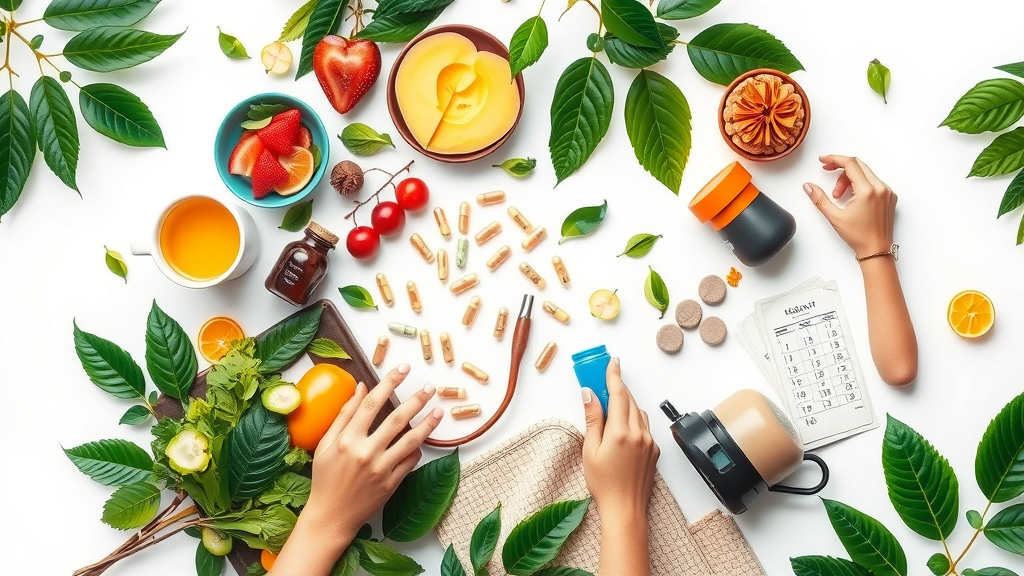
Lasting success with natural supplements for high blood pressure comes when you integrate lifestyle change—think DASH diet , regular aerobic exercise, and stress management techniques. The DASH diet, known for its effect on lowering blood pressure , emphasizes vegetables, fruits, and low-fat dairy, reducing sodium and processed foods at every meal.
Regular physical activity—walking, biking, or swimming—helps keep blood vessels elastic and efficiently handles the body’s sodium and potassium. Maintaining a healthy weight and limiting alcohol consumption further reduces pressure on the cardiovascular system. Mindfulness, yoga, and meditation can each lower stress, which is often overlooked as a significant risk factor for high blood pressure.
By layering supplement regimens on solid lifestyle modification foundations, you reinforce the effects—and may even lower your reliance on medications over time. Track your numbers regularly, celebrate progress, and consult a healthcare professional if you need advice on fine-tuning your approach.
"Supplements can support heart health, but always consult your healthcare professional—because everyone’s blood pressure story is unique."
Practical Tips for Choosing the Best Natural Supplements for High Blood Pressure
-
Look for third-party testing and quality certification
-
Understand ingredient labels
-
Start with the basics before adding multiple supplements
-
Track your blood pressure regularly
-
Communicate with your healthcare professional
Key Takeaways for Using Natural Supplements to Lower Blood Pressure Safely
-
Summary Checklist: Do’s and Don’ts for Natural High Blood Pressure Supplements
-
✔️ Do consult a healthcare professional before starting anything new
-
✔️ Do choose supplements with clinical evidence
-
✔️ Do read dosing and quality labels
-
❌ Don’t rely solely on supplements—combine with lifestyle change
-
❌ Don’t ignore persistent high blood pressure readings
-
❌ Don’t exceed recommended dosages
-
Further Resources and Guidance on Natural Supplements for High Blood Pressure
-
Links to leading medical institutions and studies
-
Recommended reading for patients and caregivers
-
Online forums and support groups
Want to Take Charge of Your Health? Start Exploring Natural Supplements for High Blood Pressure Today
Begin by discussing these natural supplements for high blood pressure with your healthcare provider and track your progress. Explore reputable brands and trusted information sources—your heart will thank you.
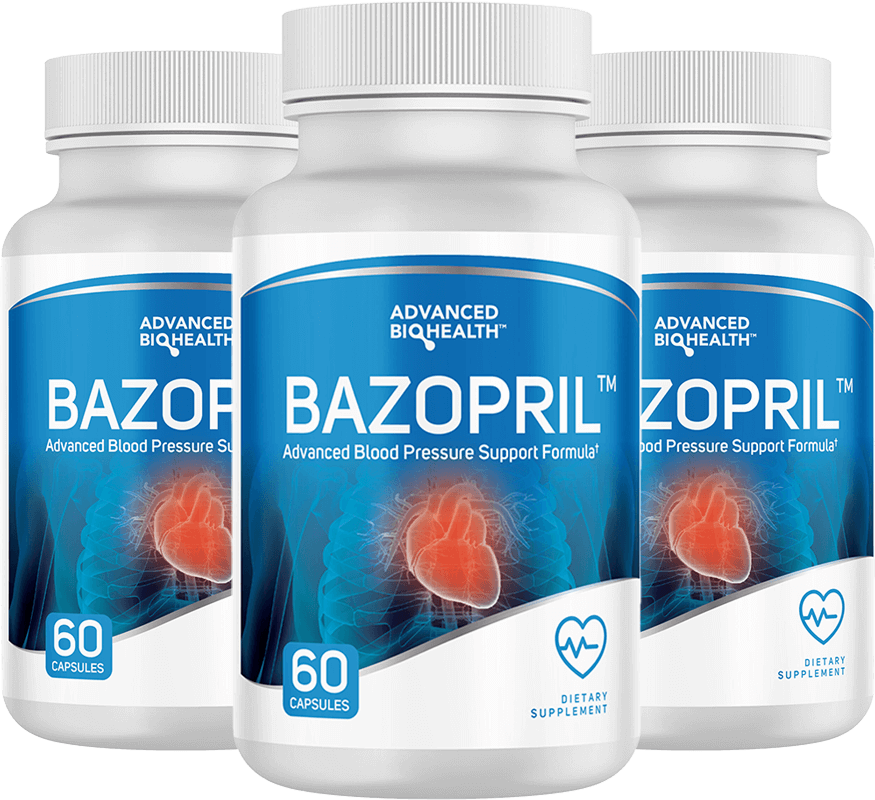
For more great information on senior health and wellness, visit https://ElderEarth.us today!
 Add Element
Add Element  Add Row
Add Row 

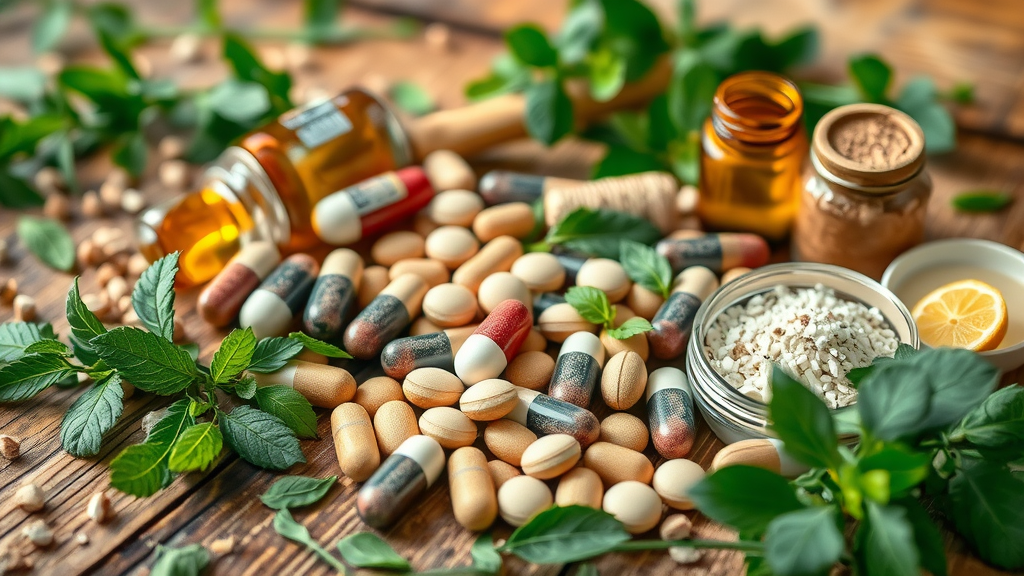

Write A Comment